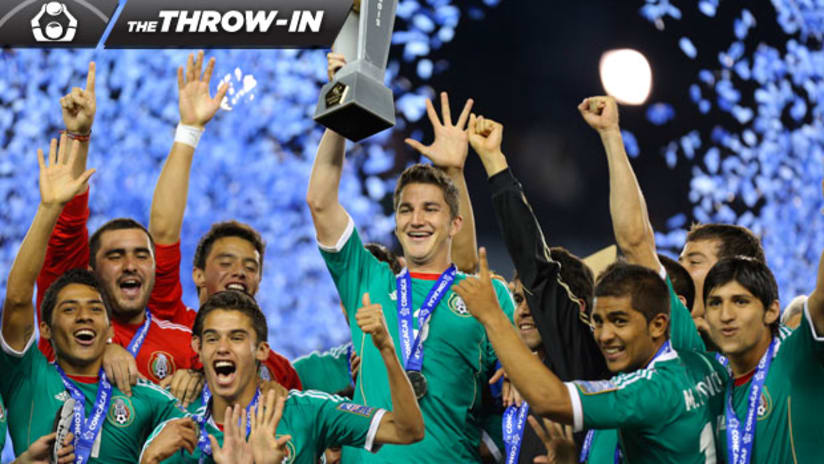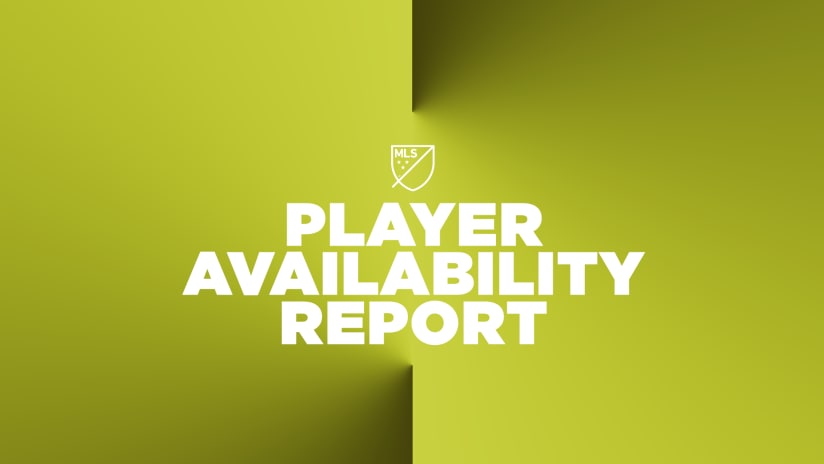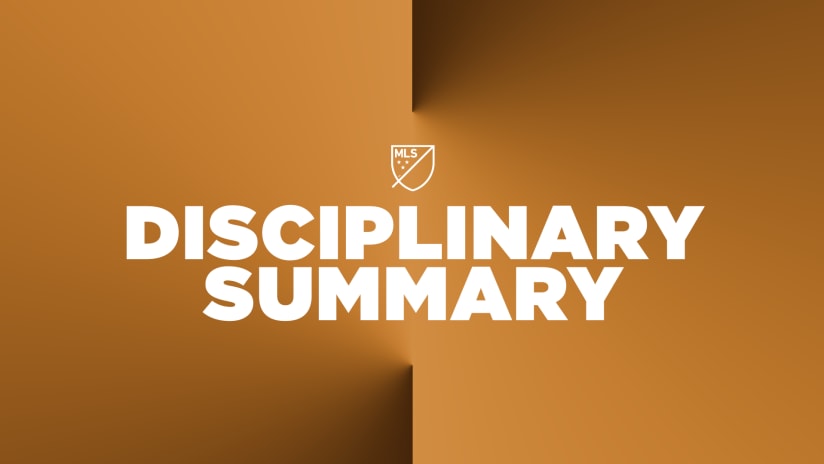Contrary to popular belief, Cinco de Mayo is not Mexican Independence Day. It’s more of a regional holiday in Mexico commemorating victory in a single battle over French forces 150 years ago.
Here in the US, we observe it as a full-blown celebration of the Mexican influence on American culture. And that could be any day of the year, really.
Maybe we can start marking "Segundo de Abril" as a new holiday, too. That’s because on April 2, something occurred in our part of the soccer world that has never happened before: Mexico’s victory over Honduras in the Olympic qualifying final officially gave El Tri CONCACAF’s U-23 championship, finishing off a clean sweep for Mexico at every single level of the pyramid in CONCACAF men’s tournaments.
The Gold Cup title, the U-23 title, the U-20 championship and the U-17 World Cup crown (as hosts of the FIFA tournament, Mexico sat out last year's CONCACAF tournament) gives El Tri every title outright within CONCACAF, a feat never before done in the confederation's history.
It’s a state of affairs that doesn’t sit well with US Soccer president Sunil Gulati.
“I’m not going to sit here and say these things go through periods of recession and inflation,” he told MLSsoccer.com by phone on Wednesday, employing the language of economics he uses as a professor at Columbia University. “I don’t want to be that complacent. So we’re certainly concerned, but we’re certainly not in a panic. We’ve got to have faith in our long-term plan.”
It’s a hard truth to face right now for US fans. It’s just another piece of the leap of faith Gulati and the executives at the USSF are asking fans for as Jurgen Klinsmann disperses his ideas throughout the US soccer pyramid.
There is no quick reaction to what Mexico has done. There is no immediate barometer against which we can measure progress. The message is as simple as it is frustrating for those who want immediate results: Stay the course.
“You don’t turn the world upside down based on a few tournaments,” Gulati continued. “We didn’t panic with the senior team when they lost a few games when Jurgen first took over. We don’t say, ‘Everything is back on track,’ after beating Italy in a friendly. Some things we’ve been doing we’ll continue to do. And when there are signals that something isn’t working, we’ll change it.”
That’s exactly what Mexico did when the FMF realized it was falling behind. Fittingly, the biggest change occurred four years ago when the Mexican U-23s flamed out in Olympic qualifying for the Beijing Games.
The Mexican federation made a decision to increase the demands of the so-called “Regla de Menores,” which stipulated that every team in the Mexican Primera División had to give at least 1,000 minutes to at least one player under the age of 20.
That legislated playing time for the likes of up-and-coming domestic stars like Pablo Barrera, Efraín Juárez and Javier “Chicharito” Hernández. It’s kept the pipeline going for younger players like Alan Pulido, Marco Fabián and Erick Torres. And while it’s not the end-all, be-all of Mexico’s current domination, it’s ensured that there’s a supply of young players coming up through the ranks. (The rule has since been removed, but its effects have been felt.)
The challenge is now squarely on the US to respond. If American youth teams are losing to their Mexican counterparts, they need to be restocked and re-educated in some way. That’s what Klinsmann is trying to do, according to Gulati. That’s why the USSF has overhauled the Development Academy program. It’s why Klinsmann is adamant about players getting minutes at the highest level. It’s why he wants to re-create the American player from the ground up.
But that’s all future-speak. In the interim, the USSF must locate evidence of progress elsewhere. Gulati admits the federation is taking a good hard look at the US’ performance in recent tournaments and why American teams aren’t where many believe they should be.
“But it’s not the only part of our analysis,” he said. “We’re looking at the overall level of MLS, we’re looking at how many players overseas are in top clubs or playing regularly. If we’re using that as a benchmark, we’re further along than we’ve ever been.”
Time will tell if that progress will lead to silverware eventually. Or even just to put the US on par with Mexico again.
Jonah Freedman is the managing editor of MLSsoccer.com. "The Throw-In" appears every Thursday.











